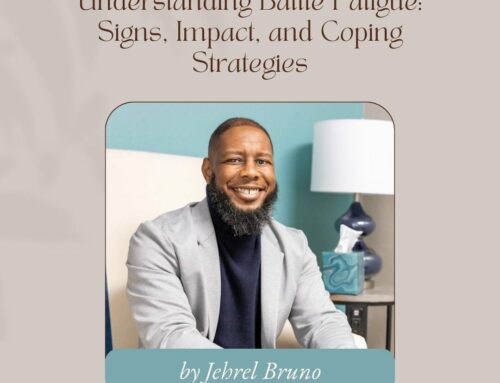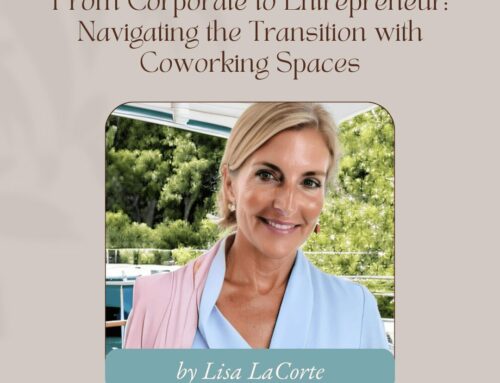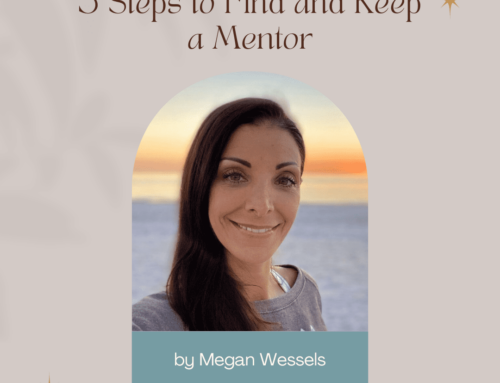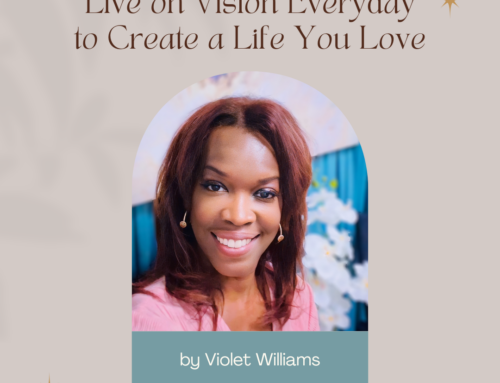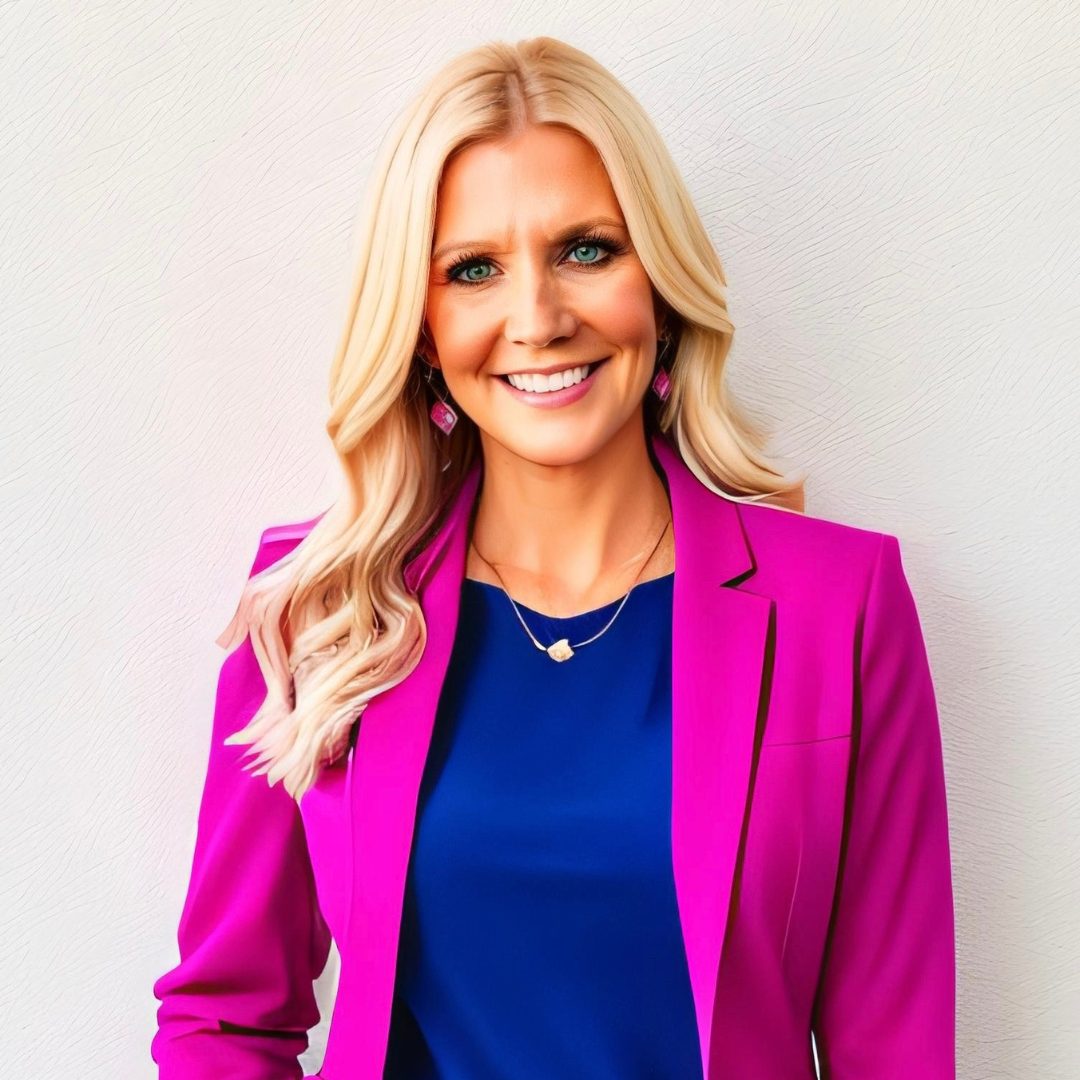 My calendar is jam-packed. It’s not unusual for me to work 12 hour days. As an entrepreneur, there is always something I “should” or “could” be doing. This isn’t a complaint but a declaration that my life is full, busy, and can, at times, make me feel a little over-extended.
My calendar is jam-packed. It’s not unusual for me to work 12 hour days. As an entrepreneur, there is always something I “should” or “could” be doing. This isn’t a complaint but a declaration that my life is full, busy, and can, at times, make me feel a little over-extended.
I could attend dozens of networking events, happy hours, brunches, awards ceremonies, etc… and as much as I care about each one, I simply can’t attend all of them.
I several years ago I had the pleasure of speaking to a group of female leaders at Illumina about career growth and intrepreneurship. One of the session participants asked an important question about saying “no”, as she was trying to elevate her status in the organization. She had recently been promoted and, while her duties had changed, her colleagues still sent her work, questions, and opportunities that corresponded to her old position—she wanted to know the best way to politely decline.
I shared a finding published in the Journal of Consumer Research stating that saying “I don’t” when declining an offer (“I don’t have time, I don’t have the bandwidth, I don’t accept offers for that amount, etc.) was far more effective than saying “I can’t”. People who said “I can’t” succumbed to temptation 61% of the time – while those who said “I don’t” gave in only 36% of the time. In fact, “I don’t” was even more powerful than just saying “no” by nearly a 50% margin.
In short, saying “I don’t” is psychologically empowering, while saying “I can’t” is psychologically draining.
I shared this practice with the group and gave her a sample response—“thank you for reaching out to me but I don’t oversee this function any longer, let me introduce you to the new employee that does.” Not only were we able to utilize “I don’t” but we also retrained her colleague to seek out the new employee.
I often hear how difficult it is for people, especially women, to say “no” and I witness the ramifications of this weakness: business owners end up in a doomed partnership (that they knew were a bad idea from the get-go) or friends burn through their weekends because of a multitude of obligations (birthday parties, baby showers, caring for an ailing neighbor, etc.) It’s time to say “no” or better yet, “I don’t (fill in the blank)”, for your own sanity and your personal/business’ brand.

Your time is precious–any minute spent on one thing, is time away from something else. It’s imperative to be frugal with your time and to truly ask yourself if you have the bandwidth or desire before saying “yes”. Perhaps you have the time but don’t have the desire? This is when you ask yourself “what’s in it for me?” Saying “no” is a filter that determines what projects you accept, which events you attend, and what business relationships you choose to form; all of which illustrate your brand. When you are laser focused on your goals, vision, mission, and values, you can better determine where and how you should spend your time.
Remember, this isn’t selfish, it’s a filter. Everyone will gladly take something from you, especially your time, and if you’re a giver, lover, and harmony seeking entrepreneur, like myself, you’ll want to attend every event, wedding, baby shower, book launch, and happy hour, but you just can’t (unless you’ve somehow secured a cloning grant).
Try “I don’t…” on for size, trust me, you can’t afford not to!
HERE ARE A FEW KEY PHRASES TO KEEP HANDY…
- “Thank you for thinking of me, but that’s not really aligned with where I’m heading right now.”
- “Unfortunately I don’t have time to _____ right now. If you respond via email with full links to a social post you’ve made, I will share that post with my audience to see if someone in my community might be interested.”
- “I’m not adding any more meetings/interviews/tasks to my calendar until next month, please circle back to me in _____ and we’ll take a look at _____.”
- “I’ve pivoted out of offering that service this year, here are the new ways we can work together.”
- “This is the investment.” Period, end of statement.
- “Here is an alternative solution that would be more fitting for both of us.”
- “I’m not entirely sure I’ll be able to give you an accurate answer at the moment. Let me get back to you on that.”
- “Based on what you’ve expressed you’re looking for, I don’t believe we are a good fit. Here’s some other resources I can recommend.”
- “I enjoyed helping support with this last time, but I’ll no longer be available for this going forward.”
- “Unfortunately, this will take capacity/time that I don’t have to give right now. But thank you.”
- “I’d be happy to help you with this question/request on a clarity call or inside my [container], as it goes beyond what I can provide through DMs, let me send you package options that I think would be suitable.”
- “This sounds like it falls outside my scope of expertise, perhaps (enter referral) can help you with that.”
Felena is a long-time entrepreneur and marketing maven. Her latest venture, Hera Hub, is a spa-inspired shared workspace and business accelerator for female entrepreneurs. This as-needed, flexible work and meeting space provides a productive environment for growing businesses. Hera Hub members have access to a professional space to meet with clients and to connect and collaborate with like-minded business owners, thus giving them the support they need to be prosperous.
Over the last decade, Hera Hub and its family of brands have helped over 13,000 women start or grow their businesses. Hera Hub is a Certified Public Benefit Corporation, which commits the company to higher standards of purpose, accountability, and transparency.
Felena is a published author and international speaker. Her book, “Flight Club – Rebel, Reinvent, and Thrive: How to Launch Your Dream Business” is available on Amazon.


